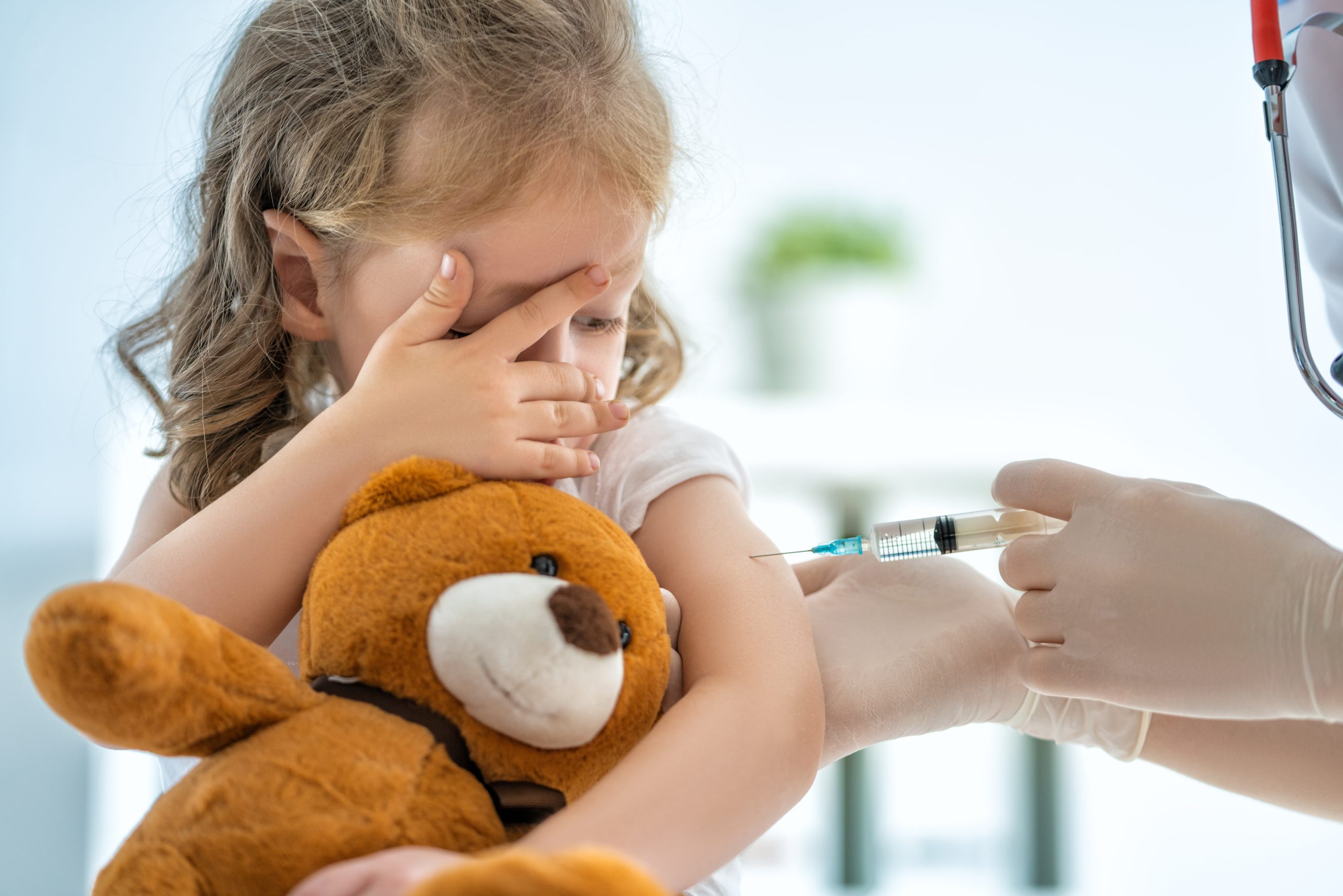How do I know that Vaccines are safe for my child? How is the vaccine schedule drafted and decided upon?
During the Pandemic, an estimated 25 million children missed their immunizations last year worldwide. This is the largest decline in immunizations reported in 30 years. A similar trend occurred in the 2021-2022 school year, leading to tens of thousands more children in the US being unprotected against specific diseases.
Decrease in what we call “herd immunity” leaves children vulnerable to whooping cough, measles, mumps, etc. Falling immunization rates around the world signal that we could see more preventable disease outbreaks.
An advisory committee on immunization practices (ACIP), made up of vaccine experts, scientists, doctors and public health professionals, meet three times a year to discuss vaccine recommendations.
When determining the vaccine schedule, they consider:
-How safe and effective the vaccine is when given at a certain age
-The severity of the disease that the vaccine prevents
-How many people will get the disease if no vaccines are given
-How well the vaccine helps the body produce produce immunity to the disease
The final vaccine recommendations include:
-Number of doses for each vaccine
-Timing between each dose
-Age when the vaccine is administered
-Precautions and contradictions
The CDC (center for disease control) sets the recommendations based on the ACIP’s recommendations. The schedules are then approved by the American Academy of Pediatrics (AAP).

A doctor making a vaccination to a child



